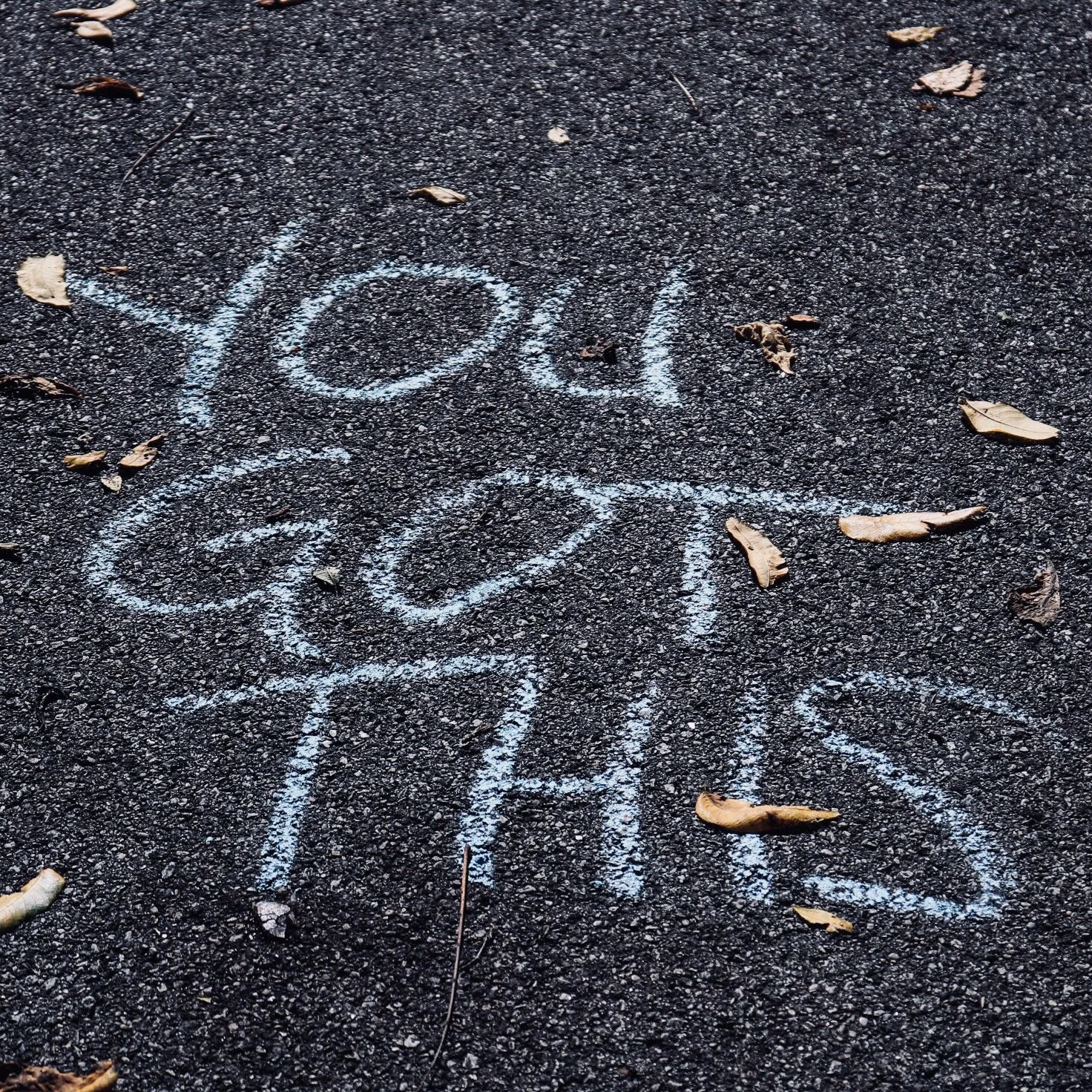Decision science
In the United States alone, more than 600,000 businesses launch each year.
About 45 million people move. Two million marriages are recorded. And right now, about a million students are deciding which four-year colleges to attend in the fall.
For the people involved, these fork-in-the road moments will forever alter the future.
As my son weighs going straight to university vs. taking a gap year, I try to help him consider the factors. And I notice that my days, too, are filled with choices. Choices that seem so small by comparison.
But are they?
A January 21 story in the New Yorker (The Art of Decision-Making, by Joshua Rothman) references Steven Johnson’s latest book, Farsighted: How We Make the Decisions That Matter the Most.
Through his study of history, politics and personal experience, Johnson found that life’s most consequential choices can’t be understood on a single scale. Rather, “The most complex decisions harbor conflicting objectives and undiscovered options.”
In other words, it’s complete folly to decide based on simple pros and cons. And yet, Johnson says, we lack the skill to make decisions whose consequences will last for years.
But fortunately, there’s a field of “decision science” out there—at the intersection of behavioral economics, psychology, and management—that might help us navigate complexity.
“Decision theory [holds] that sound decisions flow from values. Faced with a choice—Should we major in economics or in art history?—we first ask ourselves what we value. Then we seek to maximize that value.
“From this perspective, a decision is essentially a value-maximizing equation.”
And our life choices aren’t just about what we want to do; they’re about who we want to be.
So, as we make our day-to-day decisions and choices, it helps to be mindful of what we care about. We have to know what matters to us most.
Which projects will advance our business goals, and which are mere distractions?
To whom should we open our hearts?
And in my son’s case, in what ways might fending for himself next year impact his character? Or his future career?
Unfortunately—or fortunately—we cannot know.
We can’t predict what happiness or heartbreak our decisions will bring. Nor can we peek behind those closed doors, to see how our alternate selves would have flourished (or floundered), having chosen other things.
But we do know this: The more mindful we are of our values, the more likely we are to act in consonance with them.
And the less power our unexplored options will have to haunt us.






